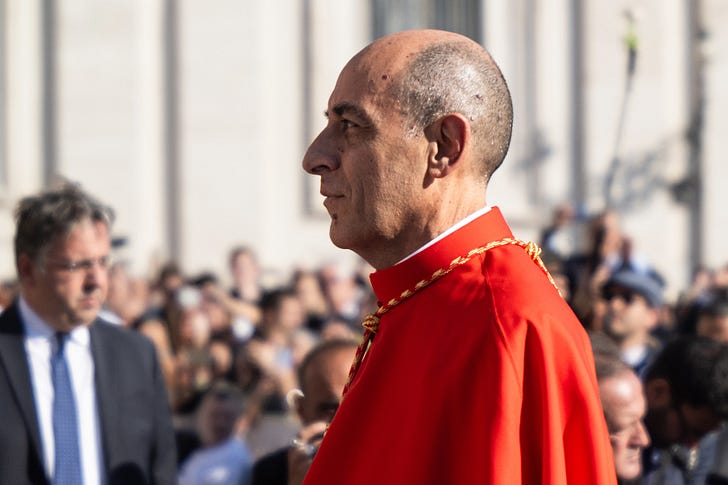Cardinal Tucho’s transparency test
Will the frankness that the Vatican’s new doctrine czar brings to doctrinal issues also extend to disciplinary matters?
Cardinal Víctor Manuel Fernández gave another eye-catching interview this week, dedicated to one of the most controversial aspects of his work.

In the Oct. 10 conversation with the Spanish website Religión Digital, the new prefect of the Vatican’s Dicastery for the Doctrine of the Faith (DDF) spoke about his department’s responsibility for clerical abuse…
